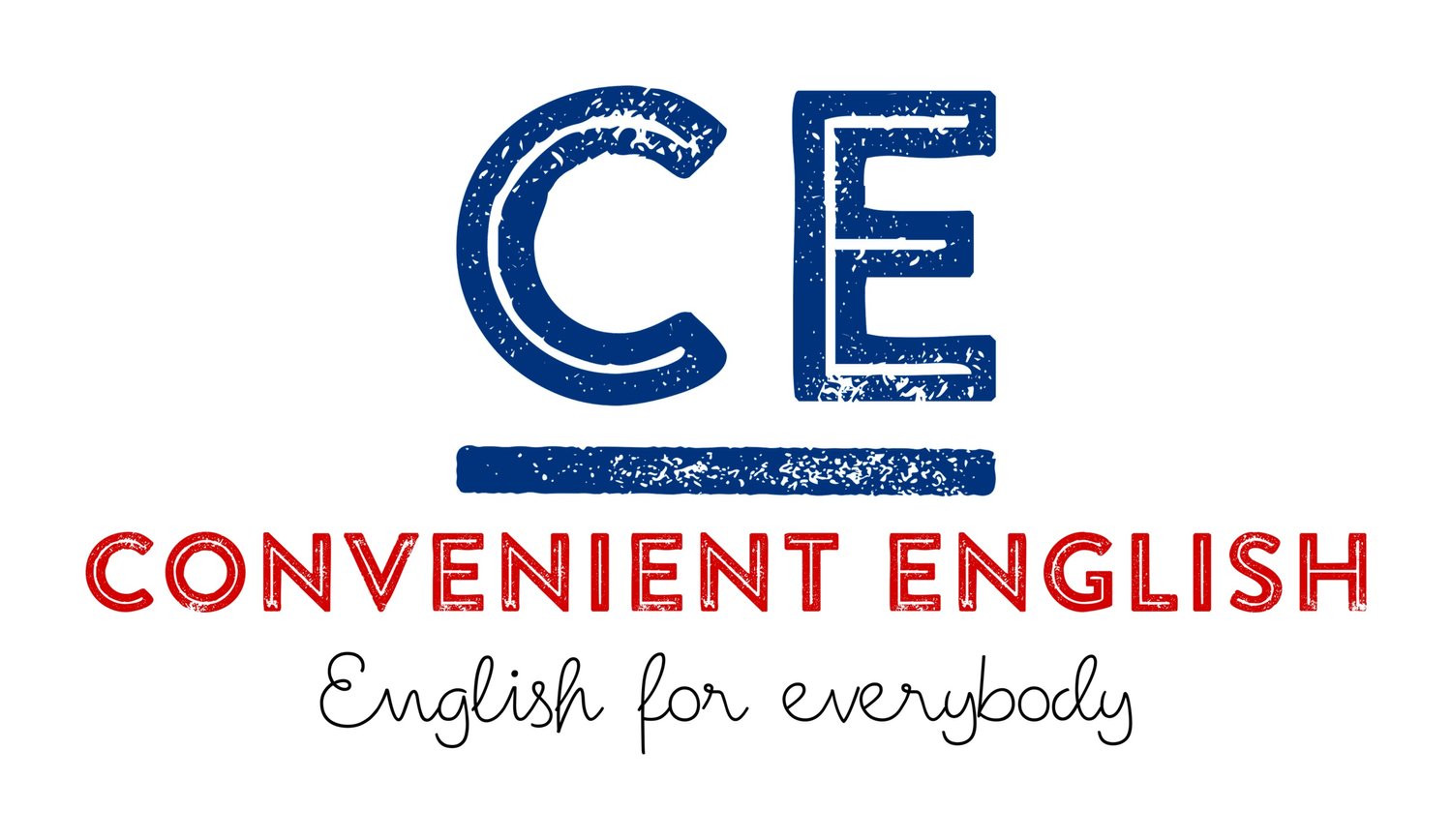We all need a dictionary
Yes, we do! Dictionaries are an extremely useful tool, even for our first language.
There are a great number of different kinds of dictionaries, but today I will talk about the most useful ones when learning a language. I have categorised them according to what they offer. They’re all free and no subscription is required.
1.- Translations
2.- Definitions
3.- Synonyms and antonyms (Thesaurus)
4.- Collocations
Translations
First thing first: forget about Google Translate, please! There are many free online dictionaries which are much more accurate and reliable.
These are the ones I always recommend for translation purposes:
Wordreference (you can have the app on your mobile too).
In these dictionaries, not only will you find the best and most accurate translations, but also their pronunciation in different English dialects. Have you tried that yet? It’s really cool :)
Please note that while many people like to use Linguee as a source for ideas/translations, I highly advise AGAINST it, as it’s usually full of faulty translations.
Definitions
Dictionaries which provide definitions are really useful when we need a wider explanation of a word, to see either what it really means or if the word we are choosing conveys what we want to express exactly.
I have just one here: Cambridge Dictionary. Not only because it offers really accurate and comprehensive explanations, but also because most words are categorised into CEFR levels, which is really handy when you’re writing an assignment. So for instance, the word “bank”: for level A1 you learn it’s a place where you keep your money, but by the time you reach level B2, you’re expected to know that it also means “sloping raised land, especially along the sides of a river”. This is indicated in the dictionary as you can see if you click on the link above.
Synonyms and antonyms
The dictionaries where we find these are called Thesaurus. They are especially useful when we’re writing (even at the office) in order to avoid repeating words, whatever the language we are using; my mother has always used them for Spanish and Catalan and she knows an awful lot of words thanks to her habit of checking a thesaurus.
Only one here too, Freethesaurus. The synonyms are in green and the antonyms in red. No brainer, right? Just one piece of advice: before you pick a synonym or antonym of a certain word, make sure first that you’re looking at the meaning you’re looking for. For example, if you want a synonym of “great”, this has several meanings -large in amount, size, degree / famous, powerful or important / very good-. This means that the synonyms/antonyms will fall into, at least, these three different categories too.
Collocations
I will talk more about collocations on a different post. Here we just need to know that collocations are a pair of words that go and sound well together. For instance, we say “interested in” (not on), “do homework” (not make), and so on. Many times, especially when we’re writing because we have more time, we may hesitate about whether a word collocates (goes well) with another, or we just don’t know and we want to. Just clicking on Online Oxford Collocation Dictionary we’ll find all the possible collocations with nouns, verbs or adjectives.
This is all I wanted to say about dictionaries, for the time being! I hope you found it useful and insightful. If you did, please share. Got something to say? Leave a comment below :)

